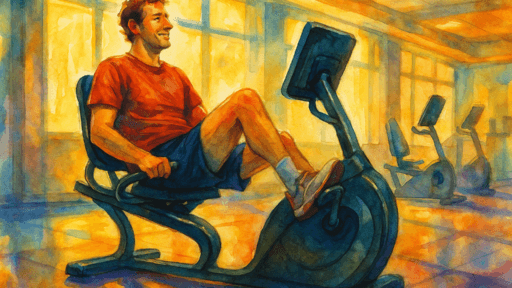“You’re always you, and that don’t change, and you’re always changing, and there’s nothing you can do about it.”
Neil Gaiman
Ah, the ever-twisting, often perplexing journey of personal evolution. It’s like waking up one day and realizing that the ship you’ve been sailing on for years has turned into a submarine—and you’re not entirely sure when or how the transformation happened. But there you are, peering through the periscope at a world that’s both familiar and startlingly new.
Let’s talk about this metamorphosis, shall we? Over the past decade or so, my own worldview has done more flips than an over-enthusiastic pancake at a breakfast buffet. It’s like I’ve been playing a game of ideological Twister, with my hands and feet in such contradictory positions that I’m starting to resemble a human pretzel.
But here’s the funny thing—when I catch a glimpse of myself in the mirror, or when I stumble upon an old diary entry (usually cringe-worthy), I realize that the core ‘me’ is still there. It’s like finding an old photograph and recognizing the person in it, despite the questionable fashion choices. “Ah, yes, that’s me, in the phase where I thought cargo shorts were the height of sophistication.”
These moments come to life when I visit old friends I haven’t seen in years. These moments are like opening a time capsule. There’s a comfort in the familiarity, a reminder of who you were, and a realization of who you’ve become. It’s a bit like visiting your childhood home and finding that the tree you used to climb now seems a lot smaller, but it’s still the same tree.
Life, the sneaky sculptor that it is, chips away at our perspectives, sometimes subtly, sometimes with the finesse of a jackhammer. We harden in some places—“No, I will not be convinced to try that fad diet again, thank you very much”—and soften in others—“Maybe there’s more to reality TV than meets the eye.” We evolve, hopefully for the better, though occasionally we take a few steps back, like when I decided that mastering coin magic would be my next great hobby. Again.
But here’s the heartening bit—this journey, this constant state of becoming, it never ends. There’s always room for growth, for change, for a new pair of metaphorical pants (because let’s face it, the cargo shorts aren’t making a comeback). And in this realization, there’s a wellspring of hope and love. It’s like acknowledging that while you may not be the captain of this ever-changing ship (or submarine), you’re still a crucial part of the voyage.
So, embrace the evolution, the shifts in perspective, the occasional fashion misstep. Laugh at the absurdity of it all, cry when you need to, and keep moving forward. Because in this beautifully chaotic journey of self-discovery and change, the most exciting part is realizing that the story isn’t over yet. There are still chapters to be written, pancakes to be flipped, and yes, maybe even a new public attempt at coin magic to regret.
But through it all, the essence of who we are remains, a steadfast beacon in the swirling seas of change. And that, my friends, is something truly worth celebrating.





